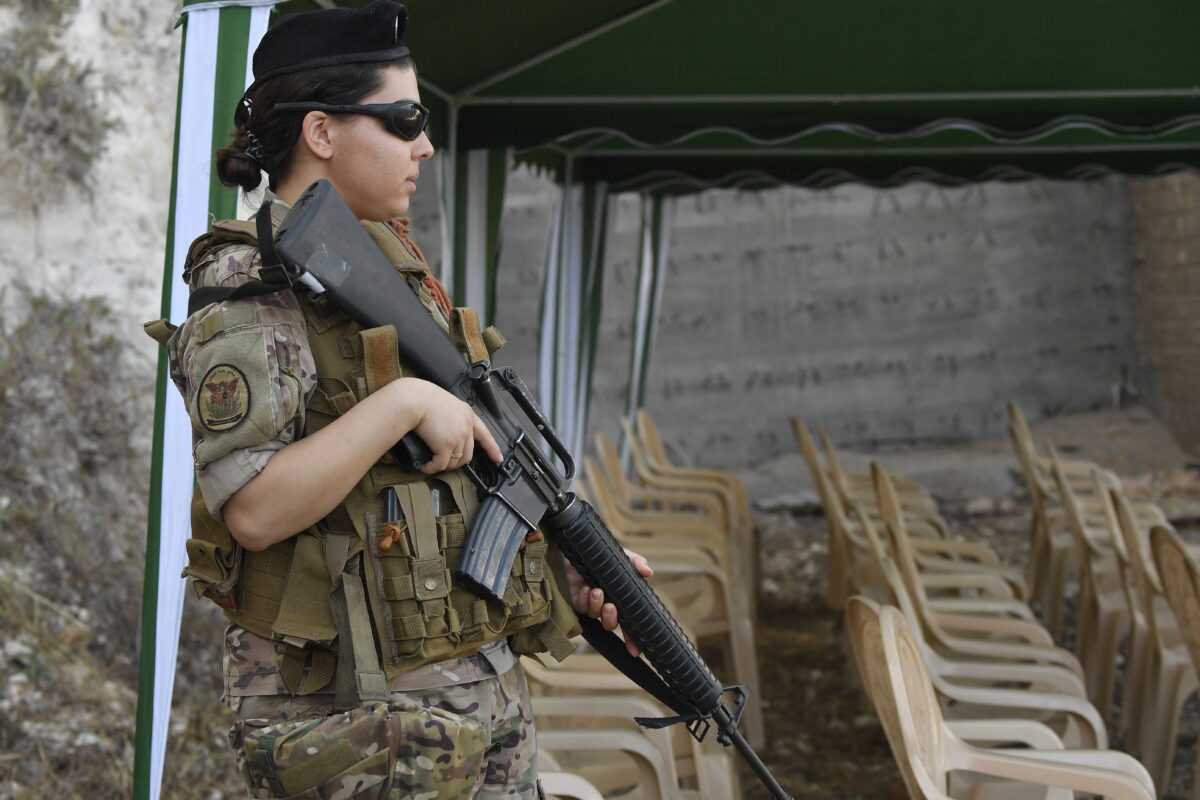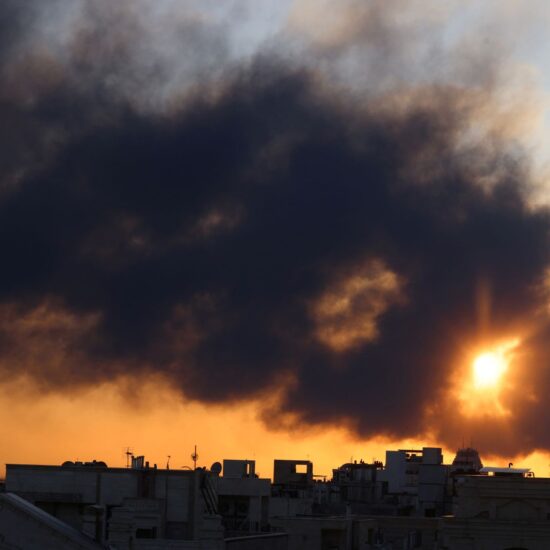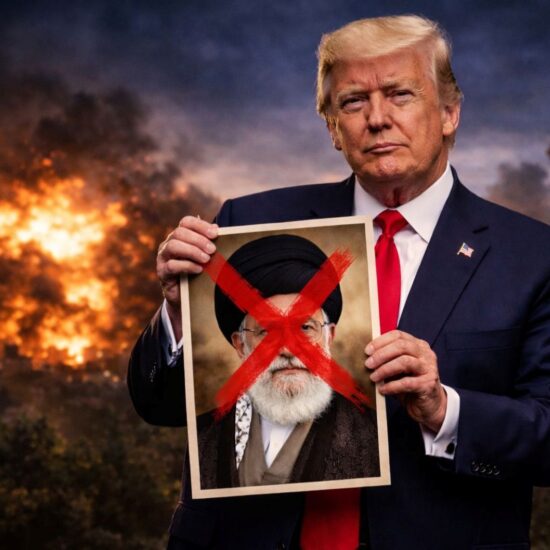
On the brink of repeating the same mistakes of its troubled past, the Lebanese government finds itself again to give up on the protection of its citizens, leaving the ground to non-state actors
In recent days, the withdrawal of the Lebanese army and internal security forces from Rmeish has sparked deep fears and raised troubling questions about the state’s ability – and willingness – to protect its citizens. The echoes of 1969 are undeniable. Back then, the Lebanese government signed the Cairo Agreement, abandoning parts of the south and ceding control to foreign armed groups. This betrayal not only weakened the state but laid the foundation for the rise of Hezbollah, which justified its existence by filling the security vacuum. Today, we find ourselves on the brink of repeating the same mistakes. Lebanon cannot afford to abandon its citizens once again.
The 1969 Cairo Agreement marked a turning point in Lebanon’s history. Faced with growing tensions between Palestinian militants and the Lebanese state, the government essentially handed control of southern Lebanon to the Palestinian Liberation Organization (PLO), allowing them to operate with near autonomy. The state’s inability to protect its citizens in the south during this period, particularly the Shiite communities, created a dangerous precedent. Over time, the Lebanese south became a battleground, not only between the PLO and Israel but also within the country itself. Hezbollah’s rise in the early 1980s capitalized on the state’s weakness, positioning the group as the ‘resistance’ against Israeli occupation, and framing their military presence as a necessary safeguard for the vulnerable.
Current situation
Today, the withdrawal of state forces from Rmeish represents more than just a security concern – it’s a repetition of history that Lebanon can ill afford. Hezbollah has long justified its military presence by pointing to the state’s inability to protect the south, a claim that resonated during the Israeli invasions of 1978 and 1982. Yet, while this narrative may have been grounded in past grievances, it no longer serves Lebanon’s future. The continued reliance on Hezbollah’s military wing undermines the state’s sovereignty and perpetuates a fragmented Lebanon. Every time the state steps back, it strengthens Hezbollah’s argument that Lebanon needs a ‘resistance’ outside of the national army. But the real resistance Lebanon needs today is one that strengthens its institutions, not weakens them.
The need for a strong state
The future of Lebanon hinges on reclaiming a unified state, one that can provide security, services, and governance to all its citizens, regardless of sect or region. The alternative is a Lebanon where different regions, communities, and sects align themselves with non-state actors or foreign powers, further fragmenting the national identity. We have already seen how this plays out: Lebanon becomes a battleground for regional powers, and its people are left vulnerable to the interests of militias rather than protected by the state. Building a strong, sovereign Lebanon means rejecting the logic of fragmentation. It means investing in our institutions, ensuring that the Lebanese army is equipped and empowered to protect every inch of Lebanese territory, and fostering a sense of national unity where all citizens can trust in the state, not in sectarian militias.
In what feels like an endless series of final crossroads, we can either continue down the path of fragmentation, where non-state actors and foreign powers dictate our future, or we can reclaim our sovereignty and rebuild a state that protects all its citizens. The withdrawal from Rmeish is a symptom of a much larger problem: the erosion of trust in the state. But this can be fixed. It starts with a national dialogue that moves beyond empty rhetoric and leads to real action, restoring faith in our institutions. It ends with a state that never again abandons its people. The future of Lebanon depends on this. We must learn from our past, not repeat it. We must build a unified, strong, and sovereign Lebanon for all.
Ramzi Abou Ismail is a political psychologist and researcher at the University of Kent.
The views in this story reflect those of the author alone and do not necessarily reflect the beliefs of NOW.








